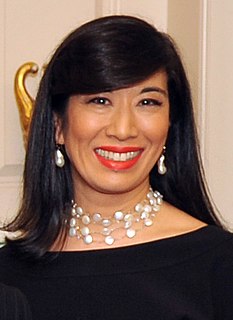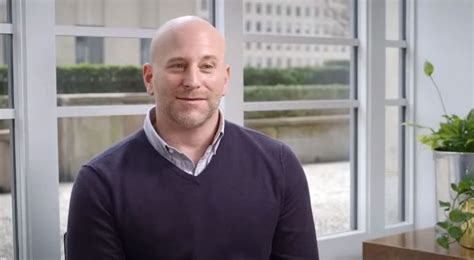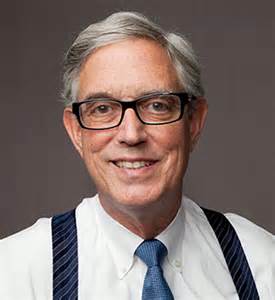A Quote by Andrea Jung
Talent is the No. 1 priority for a CEO. You think it's about vision and strategy, but you have to get the right people first.
Related Quotes
Somebody asked me 'what's the job of a CEO', and there's a number of things a CEO does. What you mostly do is articulate the vision, develop the strategy, and you gotta hire people to fit the culture. If you do those three things, you basically have a company. And that company will hopefully be successful, if you have the right vision, the right strategy, and good people.
Many times when people have a vision, they think in terms of a big vision - I want to take my city for Christ. But the problem with many pastors and this type of vision is this: they haven't developed the strategy to fulfill that vision. A pastor preaches a dream or vision to his/her people, they get excited for a week, a month, or a couple of months, but there is no strategy, planning, or process to fulfill that vision.
Leadership is about setting a direction. It's about creating a vision, empowering and inspiring people to want to achieve the vision, and enabling them to do so with energy and speed through an effective strategy. In its most basic sense, leadership is about mobilizing a group of people to jump into a better future.
You don't think, when you start a company as the founding CEO, that if your venture actually works, you end up with three jobs: founder, CEO, and chair of the board. The first eight years at Bonobos, I have learned a lot about the tension between the first two. It didn't even occur to me that I had the third job until much later.
When you're in operations, the best thing you can do at the top level is get the strategy right. You have to get the big ideas right, you have to determine what is the policy, what is the level of effort you're willing to commit to it? And then you delegate to those who have to execute that strategy to the appropriate level. What's the appropriate level? It's the level where people are trained and equipped to take decisions so we move swiftly against the enemy.
The CEO's job is always about leadership. It's about leadership in a vision, in terms of where you're going, it's about making sure that you have the right organization and staff, and that you have kind of clearly communicated what some of the plays are and what some of the goals are in terms of the business and how do you organize together in order to make that happen.
As a CEO, you get sucked into dealing with all the tasks of being a CEO. There's a big meeting, a big discussion, and you get into all the big issues, which is your job. But what CEOs often lose sight of is that it's all about the people who work for you. For every 1,000 decisions, 999 were being made when I was not in the room.

































